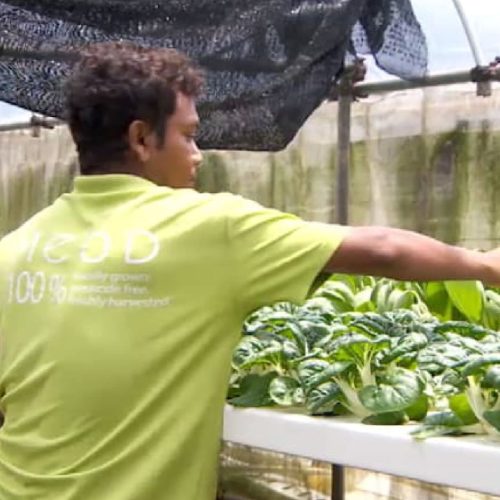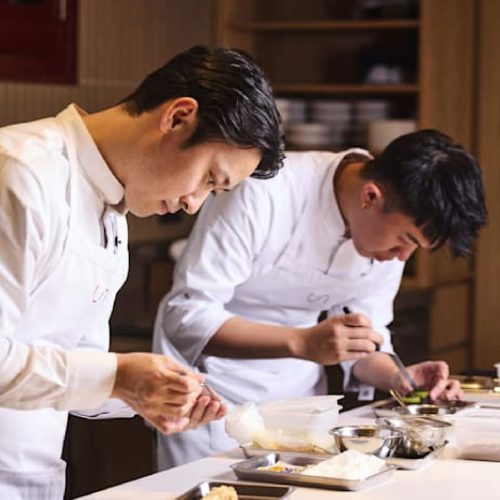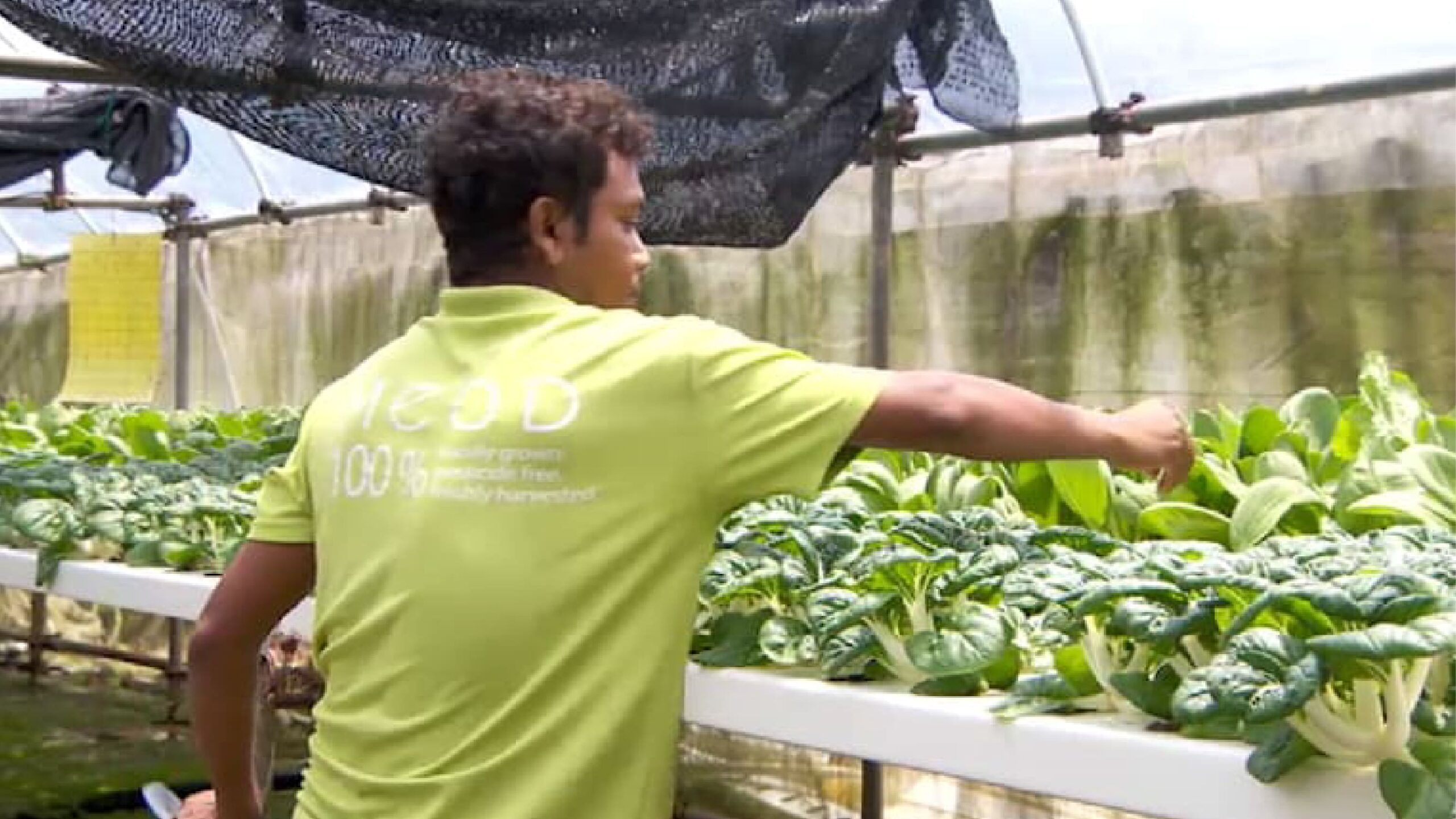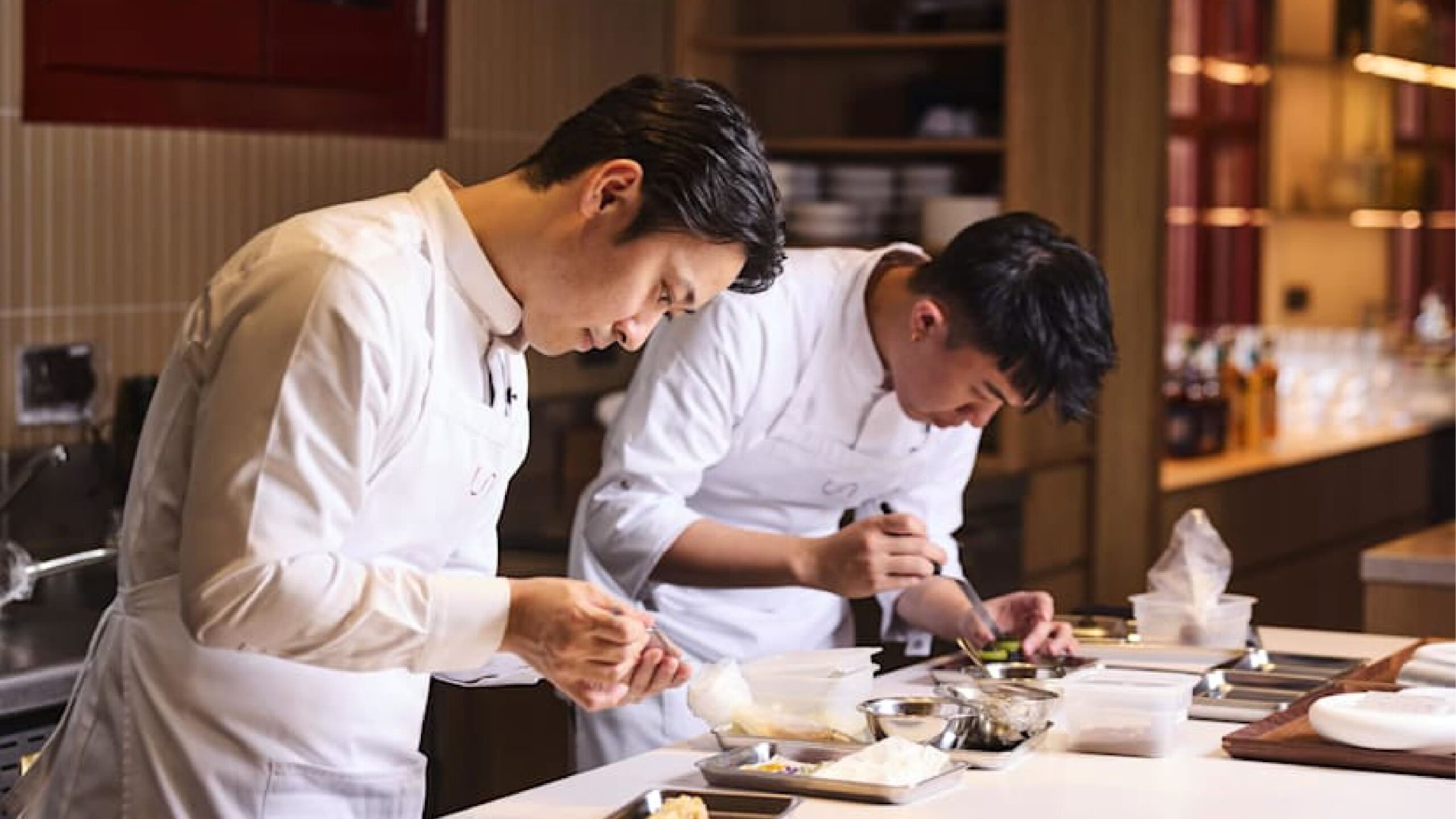The recent discussion surrounding hawkers at Bukit Canberra Hawker Centre has sparked public interest after claims circulated online about their obligations to provide free meals to low-income residents. Health Minister Ong Ye Kung has clarified the matter, addressing concerns raised by food critic KF Seetoh on Facebook.
Minister Responds to Public Concerns
Mr Ong, who also serves as a Member of Parliament for Sembawang Group Representation Constituency, responded to online claims suggesting that hawkers were “contractually obligated” to offer 60 free meals each month. According to the Minister, these statements do not reflect the complete situation.
After being alerted to the social media posts, Mr Ong personally looked into the matter. He explained that when Bukit Canberra Hawker Centre first opened, stallholders initially agreed to provide 30 meals per month for residents in need. This arrangement was later revised to a total of 100 meals over the three-year duration of their leases.
No Penalty for Non-Participation
Importantly, Mr Ong emphasised that there are no penalties if stallholders are unable or choose not to provide these meals. The initiative, he said, was designed to encourage hawkers to “pay it forward” and support the community, but participation is voluntary.
He also noted that the programme has yet to commence, meaning hawkers have not been required to fulfil the arrangement to date.
Addressing Basket Fee Allegations
Aside from the free meals discussion, KF Seetoh also alleged that hawkers were being charged seventy dollars per month for using baskets placed behind their stalls for suppliers to deliver goods. Mr Ong refuted this, stating that there is no such practice of charging hawkers for the use of these blue baskets.
Mr Seetoh responded by maintaining his position, saying that the information came directly from a hawker at Bukit Canberra who had shown him an invoice and receipt for the payment. According to Mr Seetoh, the hawker had no reason to fabricate such a claim.
Shared Commitment to Hawker Culture
Despite their differing accounts, Mr Ong expressed appreciation for Mr Seetoh’s dedication to preserving Singapore’s hawker culture. He acknowledged their shared passion for supporting hawkers and keeping the tradition alive.
However, the Minister urged that discussions about such matters be conducted constructively. “Let’s do so without putting down anyone, whether they are patrons, hawkers, the hawker centre operator, or government agencies,” he said.
He stressed that when issues arise, there are proper avenues for discussion and resolution. All parties involved—patrons, hawkers, operators, and authorities—need to work together to ensure that the hawker centre ecosystem remains strong and sustainable.
Importance of Community Support
The situation highlights the delicate balance between business operations and community contributions in Singapore’s hawker scene. While voluntary initiatives like free meal programmes can make a meaningful difference to low-income residents, they must also take into account the challenges that hawkers face, such as rising costs, long working hours, and tight profit margins.
Programmes that encourage giving back without enforcing penalties may help foster goodwill and maintain the spirit of hawker culture, while still respecting the autonomy of stallholders.
A Broader Conversation on Hawker Sustainability
Beyond this specific case, the discussion raises larger questions about the sustainability of hawker centres in Singapore. The preservation of hawker culture depends not only on culinary heritage but also on ensuring that hawkers have the resources, support, and fair conditions to thrive.
As Singapore continues to modernise its hawker centres, transparency and open communication between stakeholders will be key to addressing concerns and maintaining public trust.
Looking Ahead
The Bukit Canberra case serves as a reminder that social media discussions can quickly shape public perception, but they also highlight the need for fact-checking and direct engagement with stakeholders. While the claims and counterclaims may differ, both parties share a common goal: ensuring that Singapore’s hawker culture remains vibrant for future generations.
As the free meal initiative moves forward, it will be important for authorities, hawkers, and the public to work collaboratively. The focus should remain on preserving the unique community spirit that has made hawker centres a beloved part of Singapore’s social and cultural fabric.








